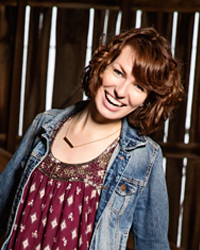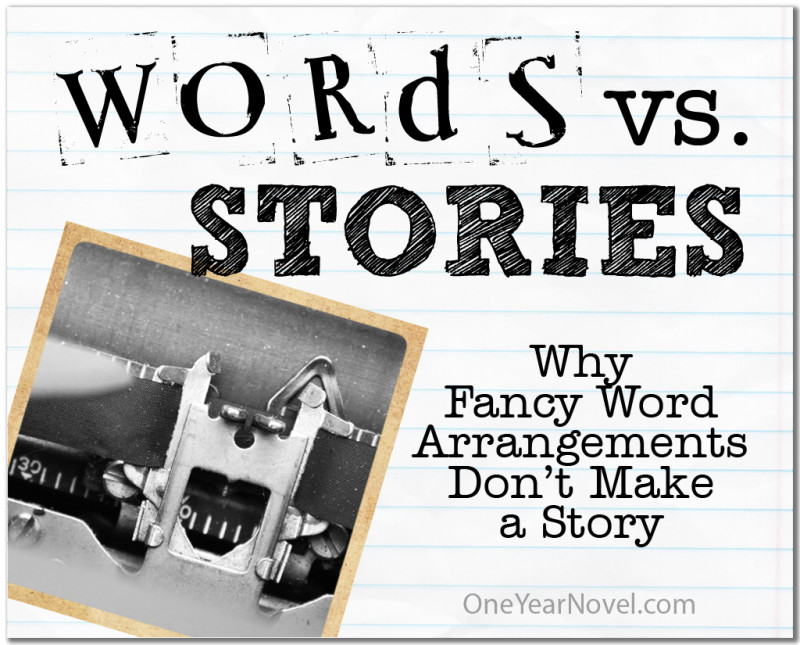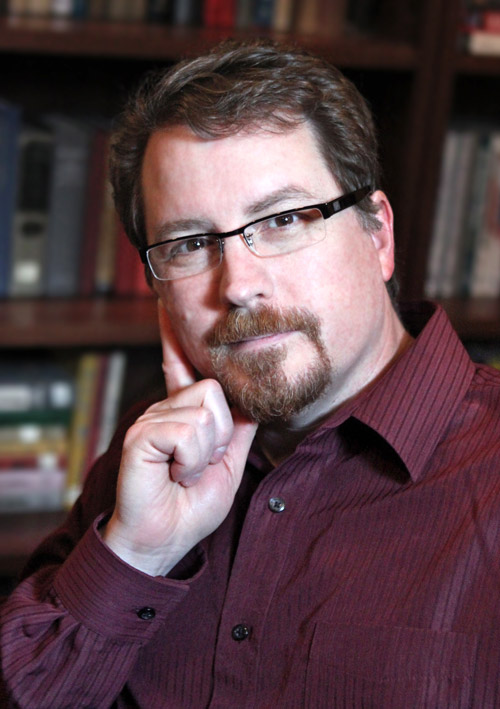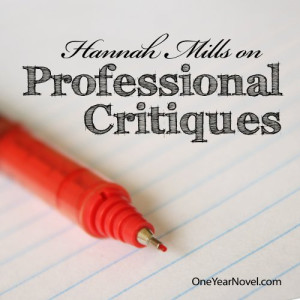You Weren’t Born in a Vacuum! – Real Characters from Real Worlds
Janae Leeke, Guest Contributor
I was rocking the chunkiest baby, draped over my stomach. She had been fussy all night at the nursery and I had finally situated her where she could hear my heartbeat. I was hoping that would work. And it did.
Then it struck me. We lay our infants against our chests for the heartbeat, but in the womb, they aren’t up against the heart. And here was this precious little girl, lying not across my chest, but across my stomach.
Why wasn’t my heart closer to my womb?
The heartbeat is so reassuring, so calming; it’s the ultimate sign of life. Shouldn’t it be placed where it can give the most comfort? The most assurance? The beat of the heart is a powerful thing. And staring down at that tiny little human, my mind went into overdrive.
I wasn’t trying to come up with a story. My days were full of classes on psychology, sociology, and history. Philosophy seminars. Book after book after book. My head was full of cultures and value systems and ethnic identity. I didn’t have time to build a brand new world for a story I wasn’t writing.
But she was asleep on me, I had two hours till I got off work, and nothing else to do but think. Going back to the mental drawing board was slow. I would start with one concept and immediately have twelve tangents.
A society built around the concept of heartbeats. The value of life? Of blood flowing? Of breaths and pulse and heart? Yeah, okay. So life is sacred to them. Heart beats are comforting. Life is to be protected at all costs. So then are they pacifists? Or excellent warriors who preserve the wellbeing of their society?
Wait. Why do they see heartbeats as sacred? Sacredness refutes utilitarianism. Making something sacred isn’t practical; so religious reasons then? What kind of deity, what kind of religion would have heartbeats at its epicenter? Why is this so terribly important?
I was driven by that question. It was lingering in my mind from former classes. Elbows deep in sociology, facing the question with every culture, “Why is this so terribly important?” Because fundamentally, what a society considers to be important is what makes them who they are.
World building is just backwards sociology, piecing together a culture instead of picking it apart. It asks the same questions. What is important to your people? What do they treasure? What do they believe is right and wrong? Good world building, believable world building, asks these questions. Anthropology is the study of humanity—understanding a people’s motives for their choices in life. If you can understand a culture, you can understand a person’s actions and motives. And that yields a better point-of-view than you can imagine.
Every novel, to an extent, is a sociological and anthropological study of man. While people aren’t enslaved by their environment, they are shaped by it. We know this about ourselves, so why wouldn’t it also be true about our characters? Even if they happen to be squirrels living on Mars, I’m sure they’d be shaped by that experience somehow.
Most people assume experience has an impact, but we make a habit in life of not digging too deeply. We often don’t want to know why people do things, because sometimes it can be ugly. But if your readers can understand the path your characters traveled in order to make their difficult decisions, they will have more sympathy—even empathy—for your character.
It’s very easy to lose sight of your story’s culture(s) when you’re writing first person. You ask what’s important to the MC. What’s his motive? What does she believe is right? But what about the society that shaped this person’s views? What standard of morality has he been raised on? When does his tribe declare him a man? What does the influence of the media determine her definition of beauty? In your rush to create realistic characters, don’t relegate them to a flat world.
Let’s go back to my “heartbeat world.” What if they believe a goddess once sacrificed her own heart out of love for her creation and in doing so made mankind? What if they have destined soulmates? Does this change what they will go to war for? What they will do for their children? How would this change their understanding—or even define—their ideals of love and sacrifice?
World building isn’t simply making a money system and map, tossing in a few new slang words and some bizarre tattoo practices. The foundation to good worldbuilding is asking the hard, metaphysical questions that create a society. When you create a foundation for that, you can create ways of life or lifestyle practices that are shaped and built around what they value—or what they are trying to avoid.
A people’s choices in clothing, art, entertainment, government, everything is based on what they hold most dear. What kinds of food do they eat and why? Why did they choose to settle in a certain region? Protection? Agriculture? Proximity to water? Was the place beautiful or did it have some sort of religious importance? You can create entire religions based on what is important to a people group.
So. You have a culture. Now imagine a person growing up in the environment you’ve just developed. It’s astounding how much of the way we grow up is impacted by what we value and believe to be most important in life. And for your characters, it’’ll shape what career choices they make, educational routes they take, who they choose as friends or to marry.
Your characters don’t live in a vacuum. They are influenced by their world and the people around them. The motivations for their choices, the ideals they hold dear, the reason they keep fighting; all of it boils down to what they consider important.
Don’t make a map first. Construct a value system. Don’t sketch weapon designs until you can give definitive reasons for why they’re going to war. Your characters aren’t Pinocchios. Their realness is only limited by the realness of their world.
…
What is your favorite fictional world, and why?
…
About Janae
Janae is one of the few “oldies” to have Mrs. S. as a critique group leader. After winning the novel contest in 2010 with her book Recollections, she has mainly written oodles of poetry and term papers. She has a love for cultures and the arts, sweet tea, and C.S. Lewis. In her spare time she cooks crazy French recipes, models, and reads political philosophy. While she wishes she could study Tolkien’s works for the rest of her days, Janae is currently wrapping up her BS in Humanities at Boyce College, which basically means she reads anything about everything.




